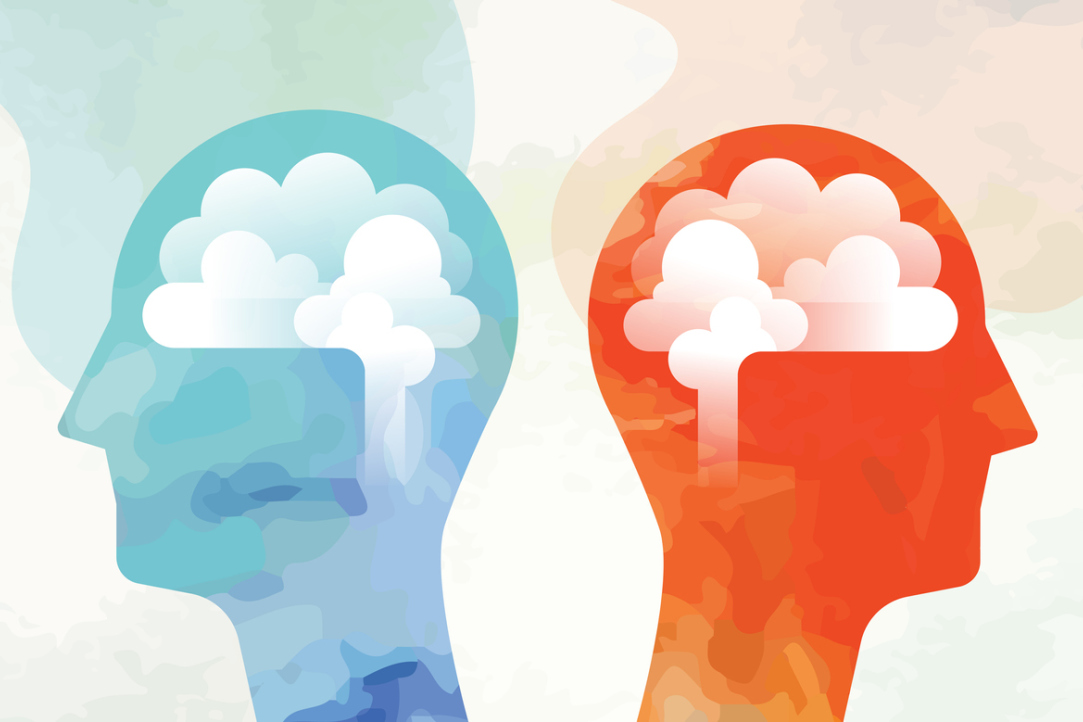
Can the Brain Resist the Group Opinion?
Scientists at HSE University have learned that disagreeing with the opinion of other people leaves a ‘trace’ in brain activity, which allows the brain to later adjust its opinion in favour of the majority-held point of view. The article was published in Scientific Reports.
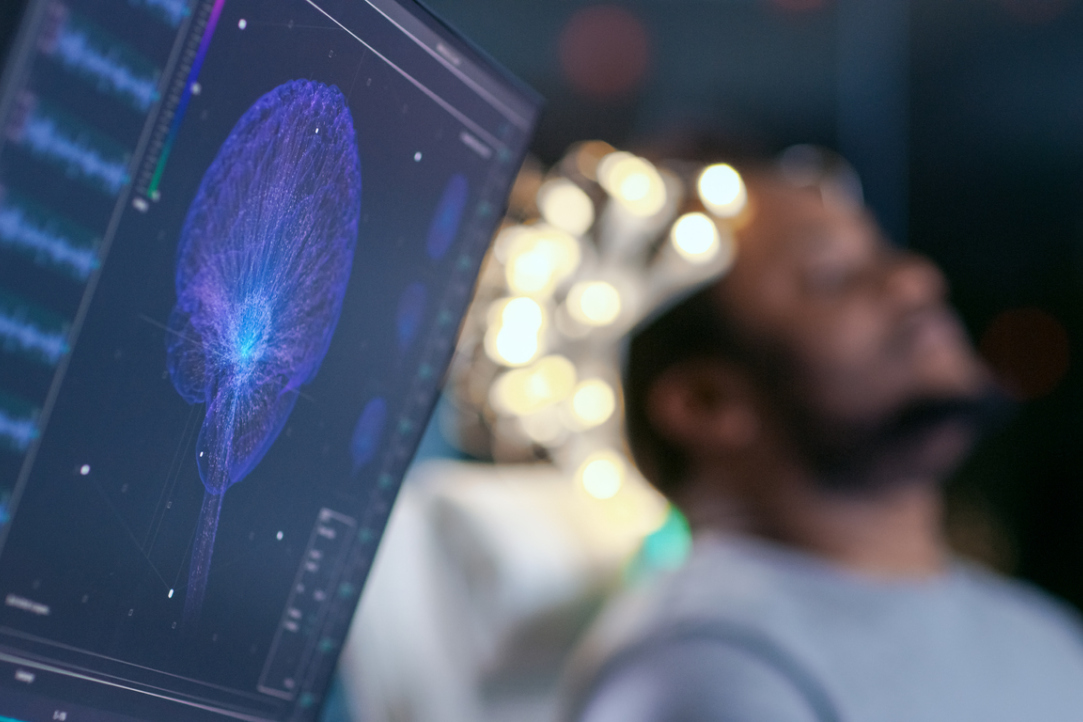
Researchers Expand the Capabilities of Magnetoencephalography
Researchers from the HSE Institute for Cognitive Neuroscience have proposed a new method to process magnetoencephalography (MEG) data, which helps find cortical activation areas with higher precision. The method can be used in both basic research and clinical practice to diagnose a wide range of neurological disorders and to prepare patients for brain surgery. The paper describing the algorithm was published in the journal NeuroImage.
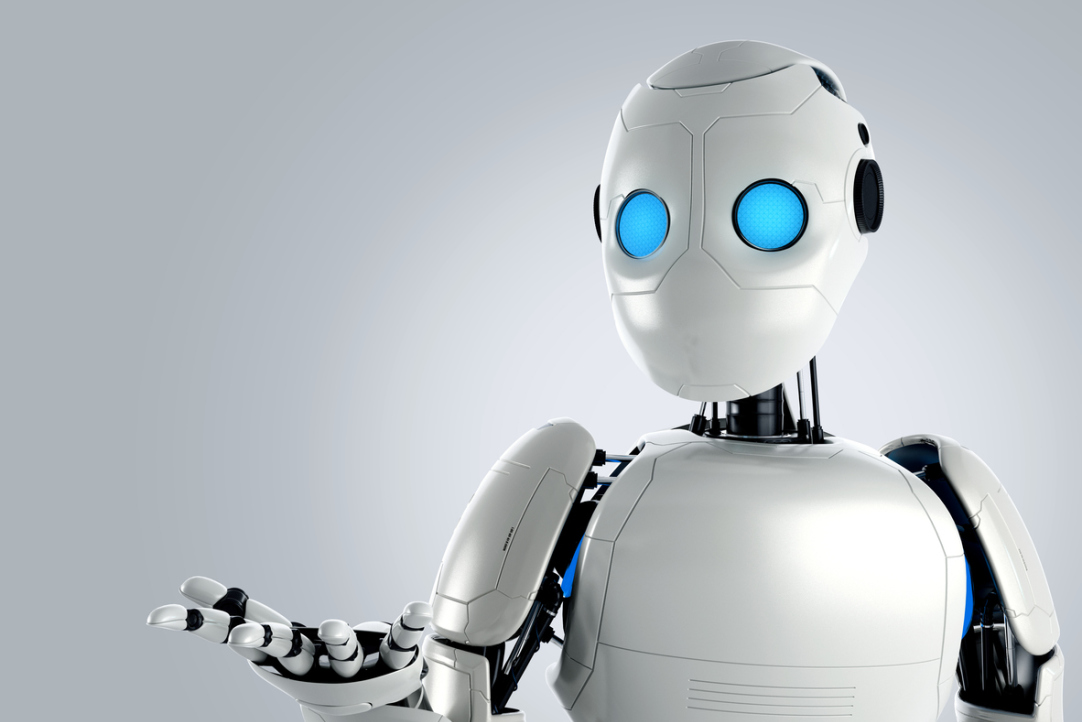
How Modern Robots Are Developed
Today, neuroscience and robotics are developing hand in hand. Mikhail Lebedev, Academic Supervisor at HSE University’s Centre for Bioelectric Interfaces, spoke about how studying the brain inspires the development of robots.

Movement Recovery after Stroke Depends on the Integrity of Connections between the Cerebral Cortex and the Spinal Cord
A team of scientists, with the first author from the HSE University, were investigating which factors are the most important for the upper limb motor recovery after a stroke. The study is published in Stroke, the world's leading journal for cerebrovascular pathology.
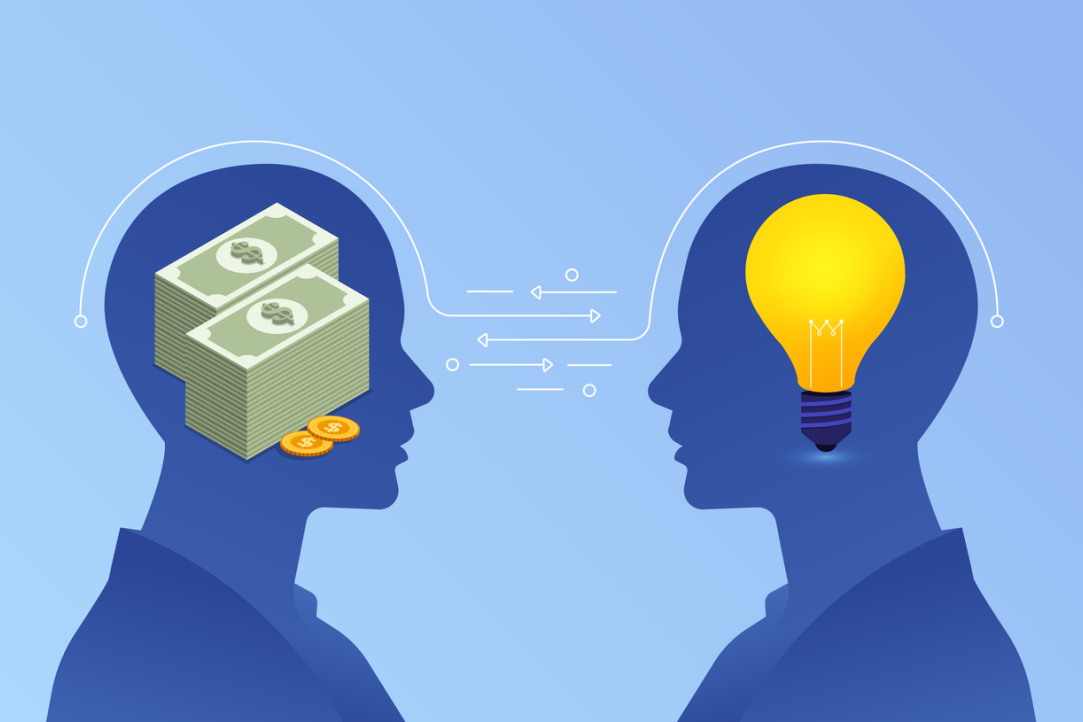
Losing Money Multiple Times Causes Plastic Changes in the Brain
Researchers at the HSE Institute for Cognitive Neuroscience have shown experimentally that economic activity can actively change the brain. Signals that predict regular financial losses evoke plastic changes in the cortex. Therefore, these signals are processed by the brain more meticulously, which helps to identify such situations more accurately. The article was published in Scientific Reports.
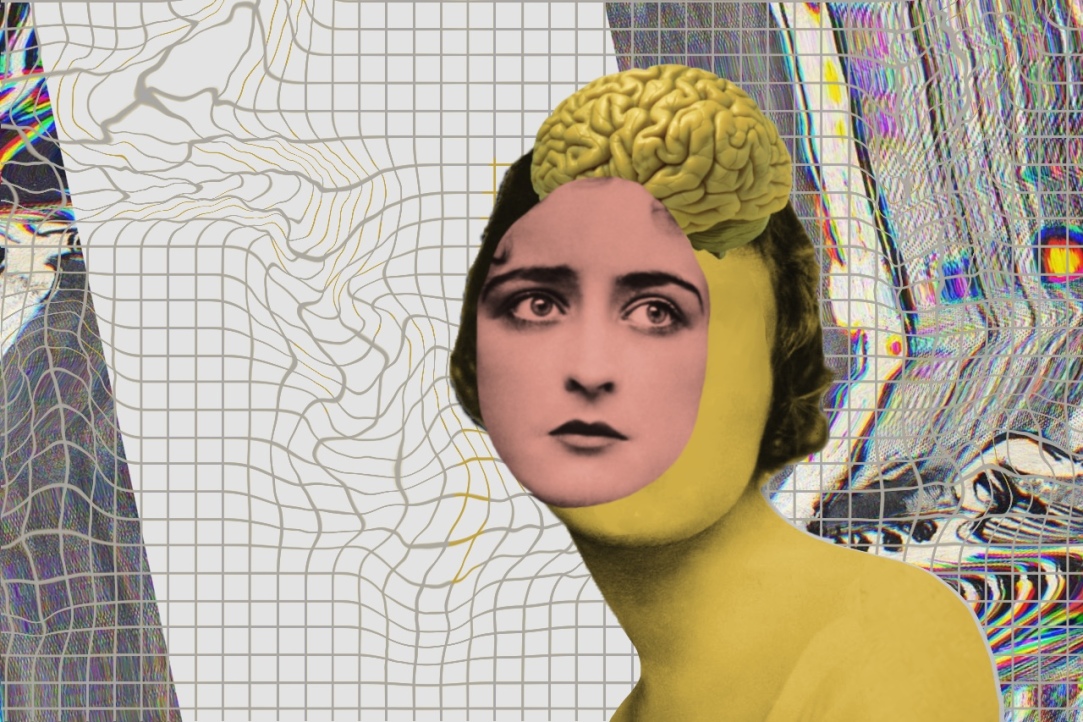
The Shorter the Delay, the More Effective the Neurofeedback
HSE University scientists have for the first time in the world investigated the impact of delayed reinforcement signals in neurofeedback (NFB) training. They have experimentally proven that reducing the delay in feedback (decreasing feedback latency) can significantly increase the efficacy of training.
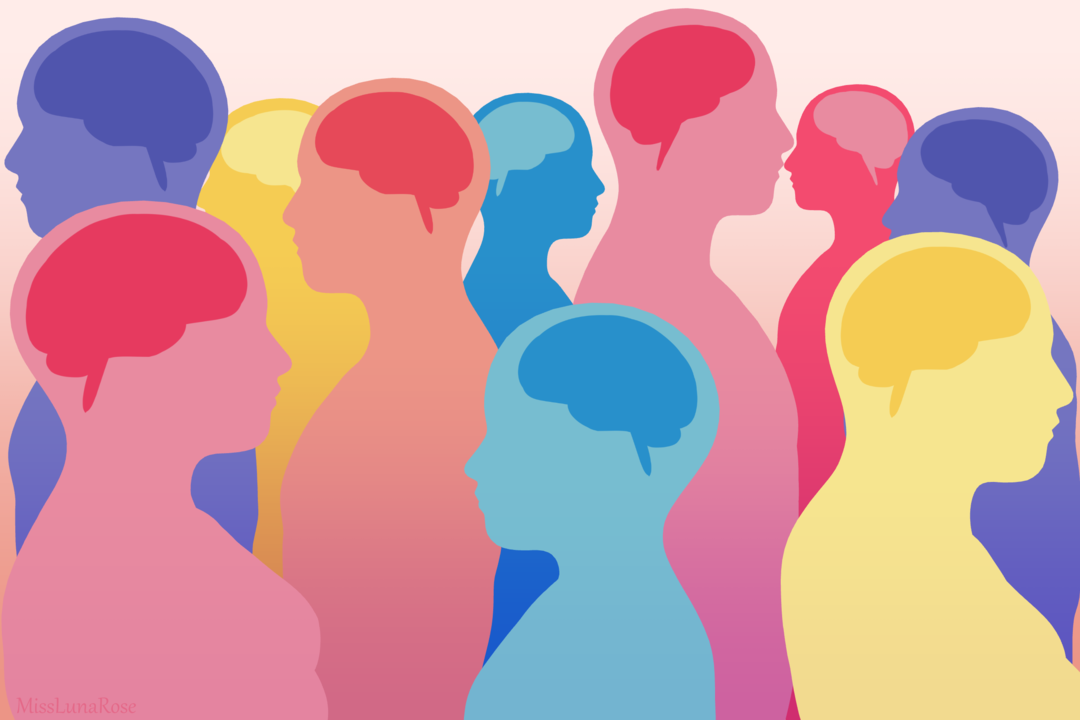
HSE University Evaluated the Diagnostic Validity of the SARS Test
Researchers at the HSE University Centre for Language and Brain, in cooperation with a professor of neuropsychology from Lomonosov Moscow State University and specialists from the Centre for Speech Pathology and Neuro-rehabilitation, evaluated the diagnostic validity of the Standardized Assessment of Reading Skills in Russian (SARS) and checked whether the available normative data are current. The results of the study, the updated levels for reading speed, as well as the control levels for evaluating these indicators, were published in The Russian Journal of Cognitive Science.
-%D0%BC%D0%BE%D0%B7%D0%B3%20%D0%B4%D0%BE%D1%84%D0%B0%D0%BC%D0%B8%D0%BD.jpg)
Russian Research Team Gains Deeper Insight into the Workings of the Human Brain during Group Problem Solving
A team of Russian researchers with the participation of a leading researcher at HSE University, Ekaterina Pechenkova, found that during group problem solving the components of the social brain are co-activated, but they do not increase their coupling during cooperation as would be suggested for a holistic network. The study was published in Frontiers in Human Neuroscience.
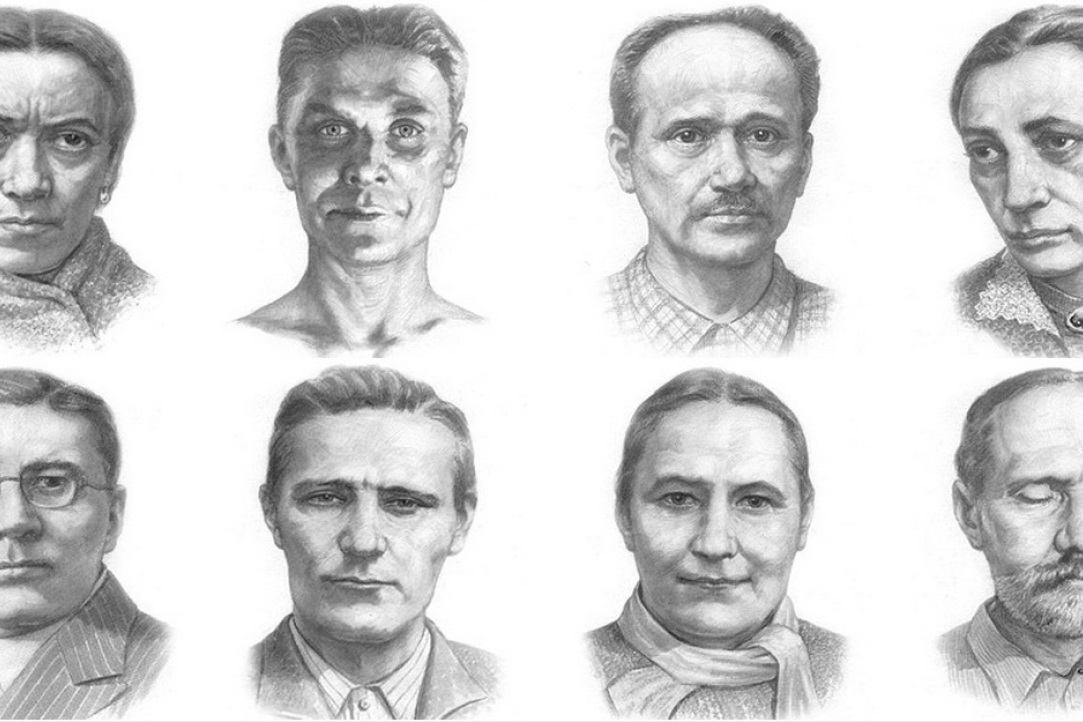
Neural Networks Can Now Make Personality Judgments Based on Our Photographs
Many people are able to recognize the personality traits of the person they are talking to by their facial features. Experts in non-verbal communication can do this even with a photograph. But is it possible to teach artificial intelligence to do the same?
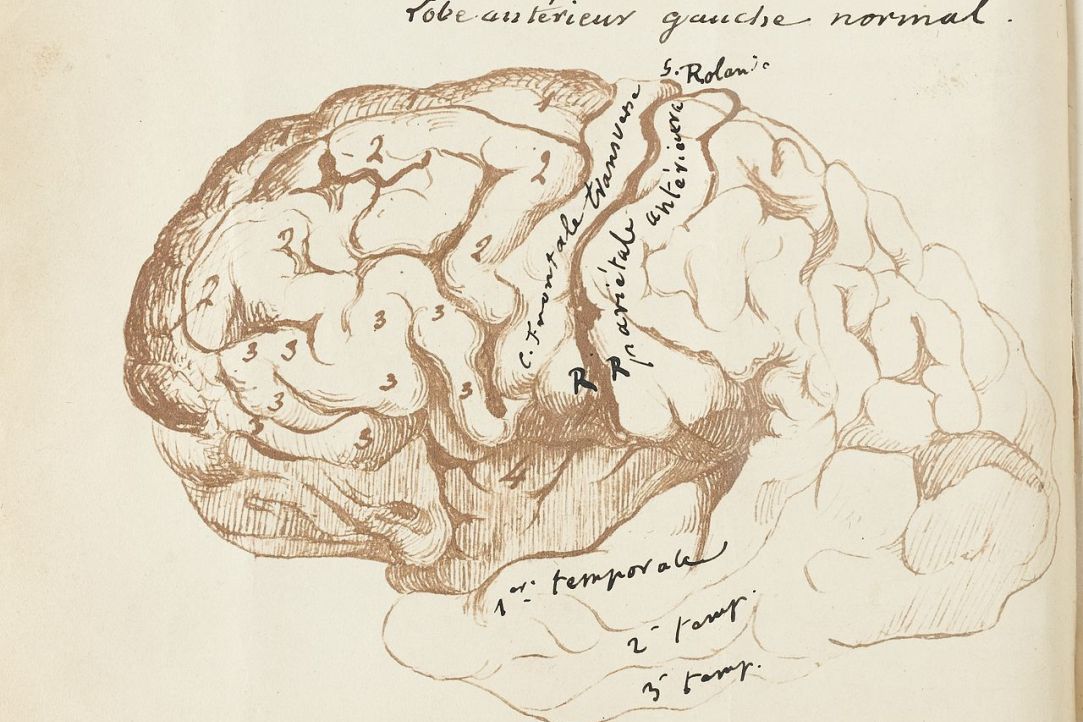
Attention and Atención: How Language Proficiency Correlates with Cognitive Skills
An international team of researchers carried out an experiment at HSE University demonstrating that knowledge of several languages can improve the performance of the human brain. In their study, they registered a correlation between participants’ cognitive control and their proficiency in a second language.


Deadline for applications to present academic reports - January 20, 2025